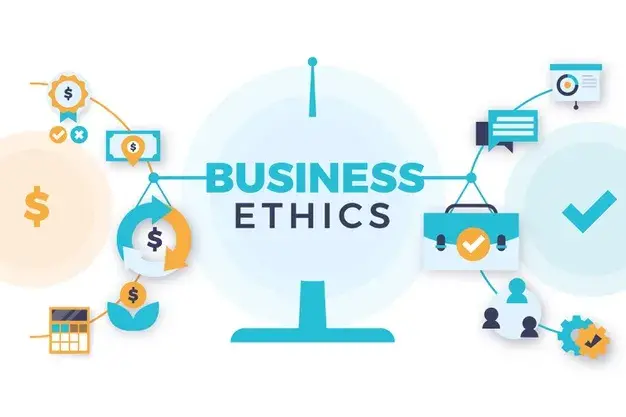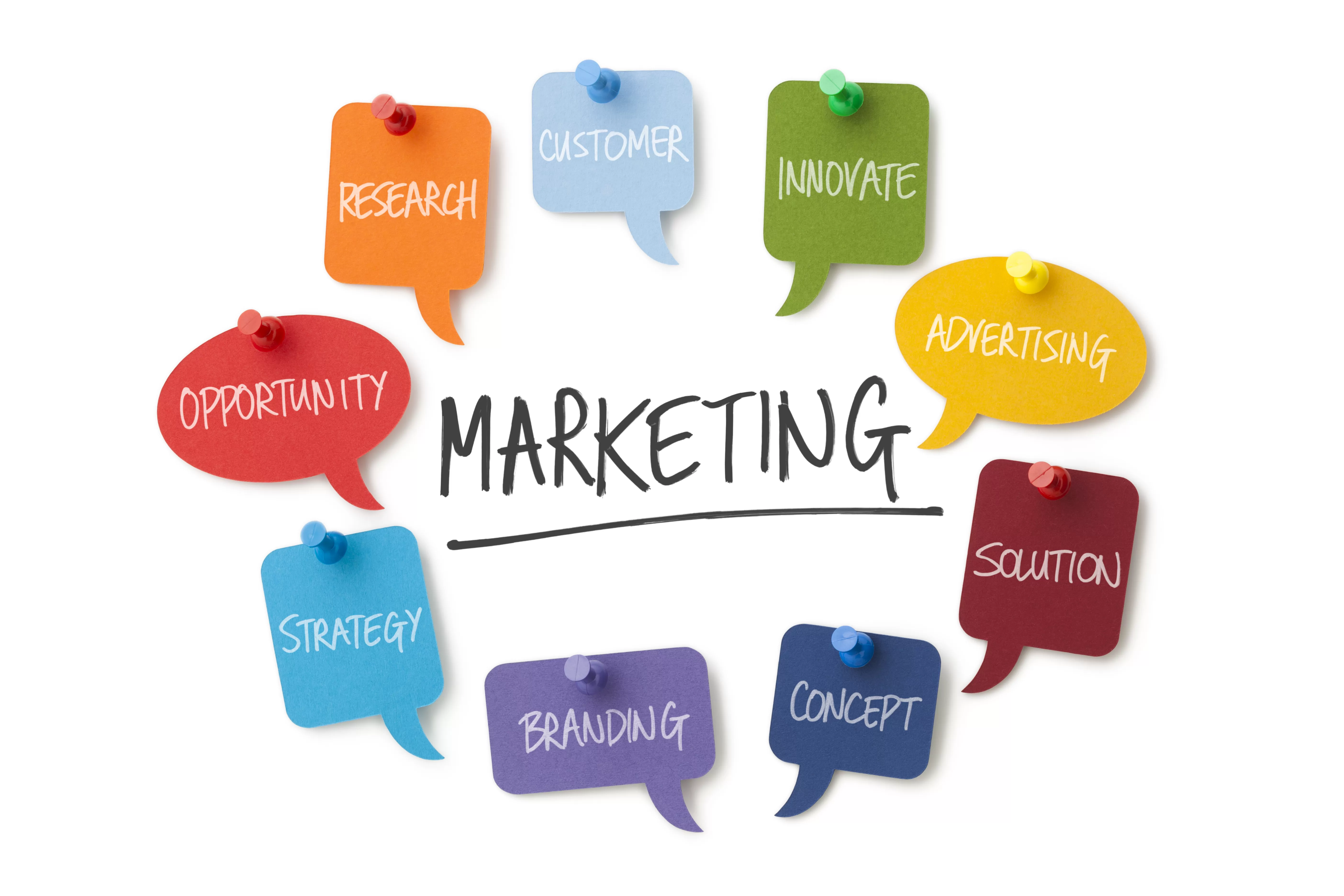Introduction:-
In today's rapidly changing professional world, the significance of continuous skill enhancement and professional development cannot be overstated. To thrive in this environment, organisations must prioritise the growth and development of their employees, giving them a competitive advantage. This blog post will examine the essential components of a comprehensive skill enhancement and professional development program.
A comprehensive program starts with effective onboarding strategies that acclimate new employees to the organization's culture and expectations. Technical training equips employees with the necessary knowledge and expertise to excel in their specific roles. Leadership development programs cultivate the skills needed to guide teams and drive organizational success.
Additionally, sales techniques training helps employees master the art of persuasion and relationship-building. Compliance and ethics training ensures that employees understandlegal and ethical obligations, reducing organizational risks. Soft skills, such as communication, teamwork, and problem-solving, enhance overall effectiveness and collaboration
By embracing these components, organizations create a culture of continuouslearning and growth, fostering personal and professional development for their employees.This investment in skill enhancement and professional development not only benefits individuals but also drives organizational success in today's dynamic business landscape.
( Find your burning business problem's solution here... )
1. Onboarding Strategies for Skill Development :-
A well-executed onboarding process is crucial for laying the groundwork for skill enhancement and professional growth within an organization. To achieve this, companies should implement a structured onboarding program that acquaints new employees withcompany policies, procedures, and culture. By designating a dedicated onboarding team, clear responsibilities can be assigned, ensuring that all aspects of the onboarding process are properly handled.
Comprehensive training should be a key component of the onboarding program. This training should encompass not only job-specific skills but also an understanding of theorganization's goals, values, and vision. By aligning the onboarding process with the company's overall objectives, new hires can better comprehend their role within the organization and contribute more effectively.
Furthermore, a well-structured onboarding process helps new employees integrate into thecompany culture, fostering a sense of belonging and connection. By providing them with the necessary tools and resources, companies enable new hires to thrive and excel in their roles.
In summary, a successful onboarding process is essential for creating a solid foundation for skill enhancement and professional growth. By establishing a structured program, providing comprehensive training, and aligning onboarding with organizational goals and values, companies can ensure a seamless transition for new employees, setting them up for success and fostering their ongoing development.
( Find your burning business problem's solution here... )
2. Technical Training and Skill Building :-

In today's digital age, technical fluency has become crucial for individuals and organizations alike. To ensure their workforce remains proficient in their roles, organizations must prioritize providing relevant technical training to employees, tailored to their job functions. This training encompasses a wide range of skills, from general IT knowledge to industry-specific technical aspects.
Continuous training plays a vital role in keeping employees updated with the latest advancements in technology and industry practices. It enables them to adapt to changing trends, optimize their performance, and contribute effectively to their organizations. By investing in technical training, organizations can equip their employees with the necessary skills to navigate the digital landscape and leverage technological tools for improved productivity and innovation.
However, technical expertise alone is not always sufficient for success in today's professional environment. Leadership development programs can complement technical training by enhancing employees' soft skills, such as communication, problem-solving, and decision-making abilities. This holistic approach to employee development fosters well-rounded professionals who can effectively lead teams, drive initiatives, and adapt to the dynamic demands of the modern workplace.
In conclusion, providing continuous technical training and incorporating leadership development programs are essential strategies for organizations to empower their employees, stay competitive, and thrive in the digital age.
( Find your burning business problem's solution here... )
3. Sales Techniques and Customer Service Training :-
Effective sales techniques and excellent customer service are vital for the success of any business. To achieve this, organizations should prioritize investing in comprehensive training programs that enhance sales skills, including prospecting, relationship-building, negotiation, and utilizing CRM tools. Equipping employees with these essential skills can significantly impact their ability to generate leads, foster meaningful connections with customers, close deals, and efficiently manage customer relationships through technology.
Furthermore, customer service training plays a crucial role in ensuring customer satisfaction and building lasting rapport. Employees should be trained in actively listening to customers, empathizing with their concerns, and providing effective solutions to problems. By focusing on problem-solving skills, employees can turn potential complaints into opportunities for exceptional service.
When organizations invest in training their employees in sales techniques and customer service, they empower them to become valuable assets. Skilled employees contribute to customer loyalty by providing memorable experiences, cultivating positive relationships, and exceeding customer expectations. Ultimately, this dedication to customer satisfaction drives organizational growth and success.
( Find your burning business problem's solution here... )
4. Compliance and Ethics Training :-

Compliance with regulations and ethical conduct is of utmost importance in the modern business landscape. Organizations must prioritize the establishment of comprehensive training programs that encompass various critical topics. These programs should cover areas such as anti-discrimination policies, data privacy, code of conduct, and industry-specific regulations.
By implementing robust compliance training, organizations ensure that employees possess a clear understanding of their responsibilities and are equipped to uphold legal and ethical standards. This training helps safeguard the organization and its stakeholders from potential risks and adverse consequences.
Anti-discrimination policies educate employees on the importance of treating all individuals fairly and without prejudice, fostering a diverse and inclusive work environment. Data privacy training equips employees with knowledge on how to handle sensitive information securely, reducing the risk of data breaches and privacy violations. Code of conduct training establishes guidelines for professional behavior, promoting integrity and ethical decision-making within the organization.
Furthermore, industry-specific compliance training ensures that employees are well-versed in the regulations and requirements specific to their field, preventing non-compliance and potential legal issues.In summary, comprehensive compliance training programs are vital for organizations to ensure that employees understand their responsibilities and adhere to legal and ethical standards. By investing in such training, organizations can protect their reputation, mitigate risks, and foster a culture of integrity and compliance.
5. Soft Skills Development :-

Soft skills are essential for personal and professional advancement as they significantly impact one's growth. Among these vital traits, communication skills, teamwork, timemanagement, problem-solving, and adaptability hold great value. To facilitate employees in developing these skills, organizations should offer various opportunities such as workshops, seminars, and online courses. Enhancing soft skills has a positive impact on overall productivity, as it fosters effective collaboration and promotes individual growth.
Effective communication skills enable individuals to convey their ideas, thoughts, and concerns clearly, fostering better understanding and minimizing misunderstandings.Teamwork allows for a cohesive and harmonious work environment, where individuals collaborate and leverage each other's strengths to achieve common goals. Timemanagement.skills ensure tasks are completed efficiently, meeting deadlines and reducing stress. Problem-solving abilities enable employees to identify and resolve challenges creatively, contributing to innovative solutions. Finally, adaptability helps individuals navigate through changes and challenges, ensuring they can embrace new technologies, processes, and work environments effectively.
By providing avenues for employees to develop these skills, organizations can foster a positive and growth-oriented work culture. Moreover, employees who possess strong soft skills tend to be more motivated, engaged, and resilient, contributing to their overall professional success.
( Find your burning business problem's solution here... )
Conclusion :-
Skill enhancement and professional development are indispensable in today's competitive landscape. By implementing a comprehensive approach that encompasses effective onboarding strategies, technical training, leadership development, sales techniques, customer service training, compliance and ethics, and soft skills development, organizations can empower their employees to thrive. Investing in the growth of employees not only benefits individuals but also contributes to the success and sustainability of the organization as a whole. Embrace the journey of continuous improvement, and unlock the full potential of your workforce.
Frequently Asked Questions
1. How important is the onboarding process for skill development and professional growth? The onboarding process is crucial for establishing a solid foundation for skill development and professional growth within an organization. It helps new employees understand company policies, procedures, and culture, aligning them with organizational goals and values. By providing comprehensive training and fostering a sense of belonging, onboarding sets new hires up for success and ongoing development.
2. What is the significance of technical training in the digital age?Technical training is vital in the digital age to ensure employees remain proficient in their roles. It equips them with the necessary skills to navigate the digital landscape, adapt to changing trends, and leverage technological tools for improved productivity and innovation. Additionally, complementing technical training with leadership development programs enhances employees' soft skills, making them well-rounded professionals who can effectively lead teams and thrive in today's dynamic workplace.
3. How can sales techniques and customer service training benefit a business?. Comprehensive sales techniques and customer service training can significantly impact a business's success. Sales training enhances skills such as prospecting, relationship-building, negotiation, and utilizing CRM tools, enabling employees to generate leads, close deals, and manage customer relationships efficiently. Customer service training focuses on active listening, problem-solving, and providing effective solutions, fostering customer satisfaction and building lasting rapport. Skilled employees contribute to customer loyalty, positively impacting organizational growth and success.
4. Why is compliance and ethics training important for organizations? Compliance and ethics training are essential for organizations to uphold legal and ethical standards. These training programs cover various critical topics, such as anti-discrimination policies, data privacy, code of conduct, and industry-specific regulations. By ensuring employees understand their responsibilities and adhere to these standards, organizations safeguard their reputation, mitigate risks, and foster a culture of integrity and compliance.
6. How can I ensure compliance with tax laws and regulations?Soft skills development programs, including communication, teamwork, time management, problem-solving, and adaptability, play a vital role in personal and professional advancement. Enhancing these skills through workshops, seminars, and online courses fosters effective collaboration, better understanding, improved productivity, and innovative solutions. Strong soft skills promote a positive work culture, motivate employees, and contribute to their overall professional success by enabling them to navigate changes and challenges with resilience.











